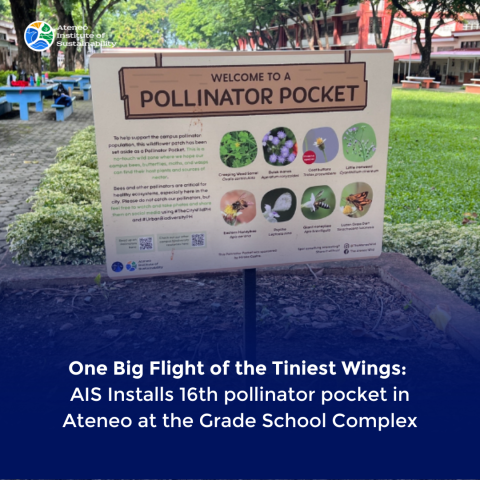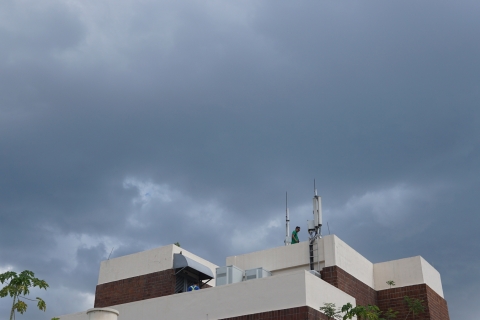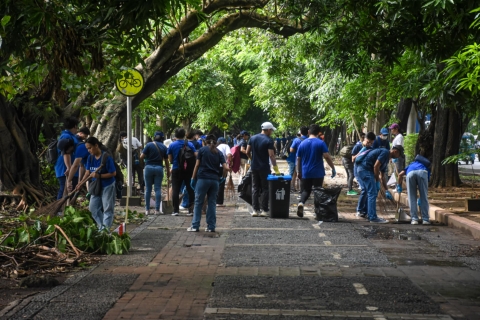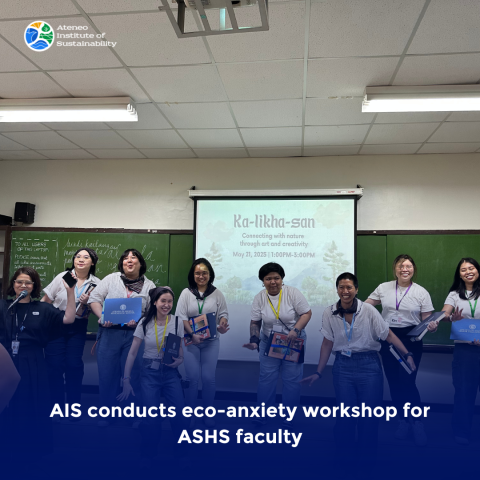Ateneo Innovation Center’s Smart Hydroponics Greenhouse: Advancing Climate Action Through Sustainable Agriculture
11 Mar 2025 | Paul Cabacungan
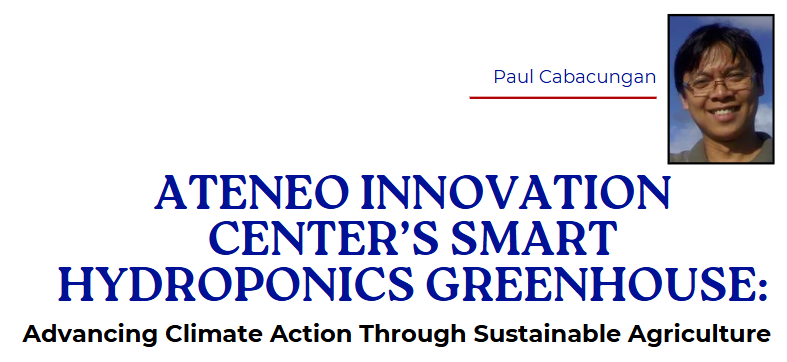
The Ateneo Innovation Center (AIC) has taken a significant step in promoting sustainable agriculture and climate action through its Smart Hydroponics Greenhouse Laboratory initiative. By incorporating smart sensors, monitoring systems, and hands-on experimentation, this project directly empowers students, teachers, farmers, and local communities to embrace technology-driven hydroponics as a sustainable alternative to traditional farming.
One of the most notable implementations is at Salapungan National High School (SLNHS) in Candaba, Pampanga, where students engage in agricultural research, comparing lettuce growth in different greenhouse models and monitoring threats from pests and bacteria. Similarly, at Ateneo Grade School (AGS) in Quezon City, younger students are introduced to hydroponics, fostering an early appreciation for sustainable farming practices.
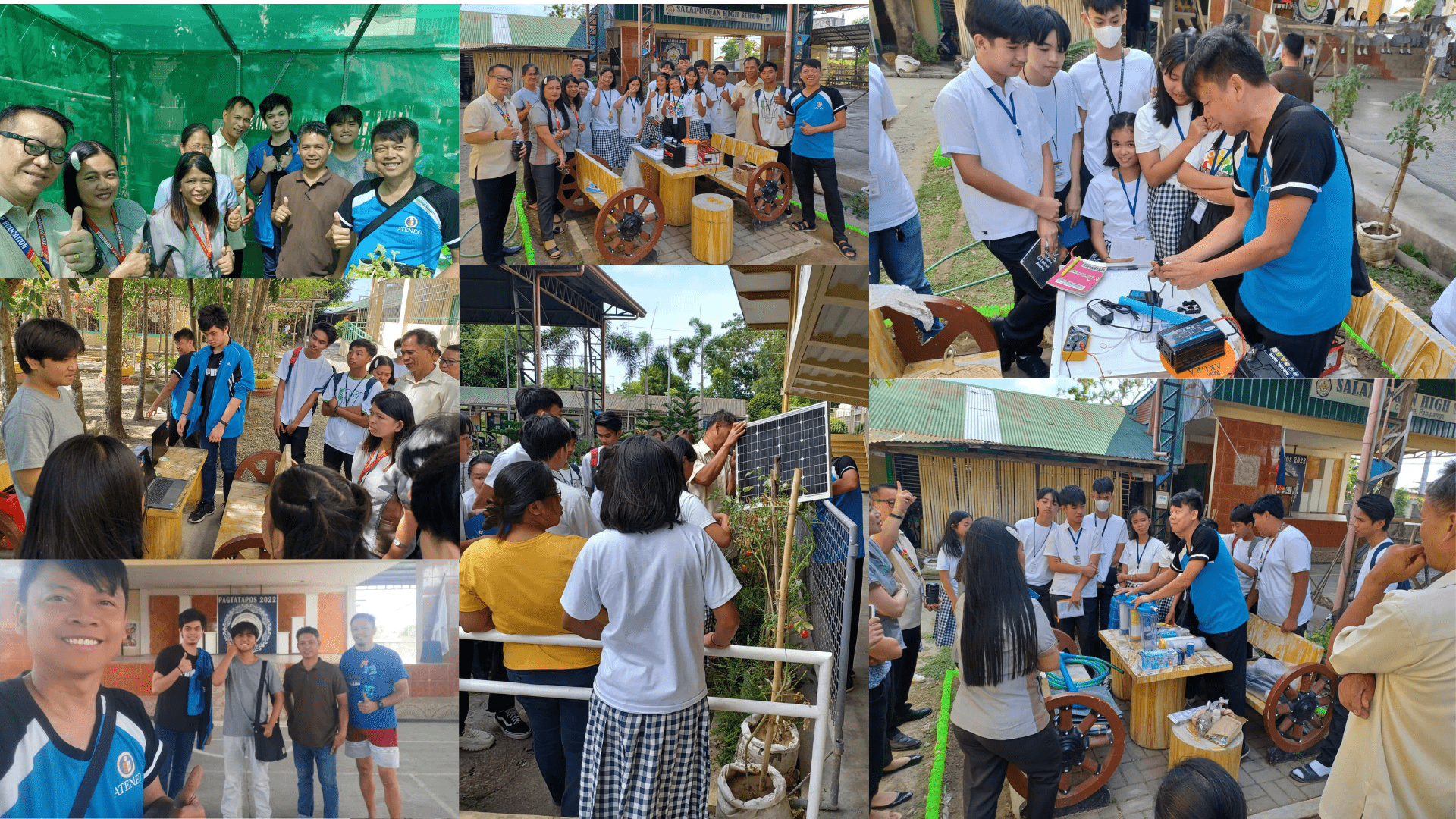
Beyond education, AIC’s initiative includes LoRa-based soil sensors, weather stations, AI-driven plant growth lighting, and nutrient analysis systems, creating a cutting-edge approach to climate-resilient farming. By involving local leaders, farmers, and educators, AIC bridges the gap between research and real-world application, offering hydroponics as a water-efficient, low-carbon, and climate-smart livelihood option for communities.
Aligning with the UN Sustainable Development Goals (SDGs)
This initiative aligns with multiple United Nations Sustainable Development Goals (SDGs):
- SDG 1 (No Poverty): By providing communities with innovative, high-yield farming solutions, this project promotes sustainable livelihoods and economic opportunities, particularly for low-income groups.
- SDG 4 (Quality Education): The project integrates agricultural technology into school curriculums, equipping students with future-ready skills in sustainability, science, and innovation.
- SDG 9 (Industry, Innovation, and Infrastructure): The use of smart sensors, weather stations, and AI-based lighting enhances agricultural research and infrastructure, promoting sustainable industrialization.
- SDG 13 (Climate Action): The hydroponics greenhouse reduces water consumption, minimizes soil degradation, and lowers the carbon footprint of traditional agriculture. By promoting a data-driven, climate-resilient farming approach, this project directly contributes to mitigating climate change and adapting to environmental challenges.
Personal Insights on the Project’s Climate Impact
This initiative stands out as a powerful example of climate action in both education and agriculture. One of the most pressing challenges of our time is climate change, which disrupts food production and threatens global food security. Traditional farming relies on extensive land, water, and chemical inputs, making it vulnerable to extreme weather, droughts, and resource depletion.
By promoting hydroponics, AIC offers a climate-resilient alternative that needs a lot less water, doesn't require chemical fertilizers that release greenhouse gases, and lets food be grown all year, even in cities or areas that are hard on the weather. The project’s emphasis on smart monitoring systems ensures that crops are grown in the most efficient and environmentally friendly way possible.
Furthermore, the educational component ensures that future generations are equipped with climate-conscious farming skills. Teaching students how to grow food sustainably, use technology to adapt to climate change, and apply scientific thinking to agricultural challenges empowers them to become agents of change in their communities.
Scaling Up for Greater Climate Resilience
To maximize its impact, this initiative can be scaled up to reach more schools, farming communities, and local government units. Expanding access to hydroponics training, research, and funding opportunities can accelerate the transition to sustainable agriculture across the Philippines.
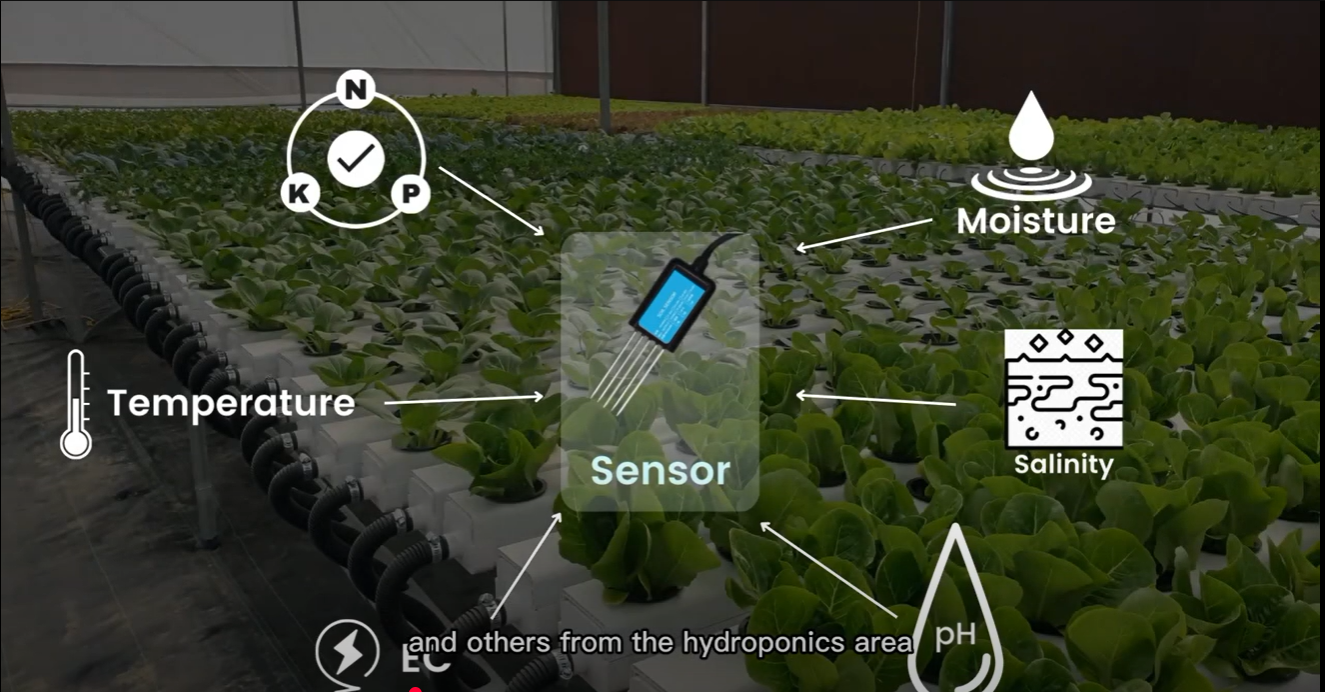
By aligning education, technology, and climate action, AIC’s Smart Hydroponics Greenhouse presents a transformative solution for climate-smart agriculture. It is not just a farming initiative—it is a blueprint for a greener, more food-secure, and climate-resilient future.





